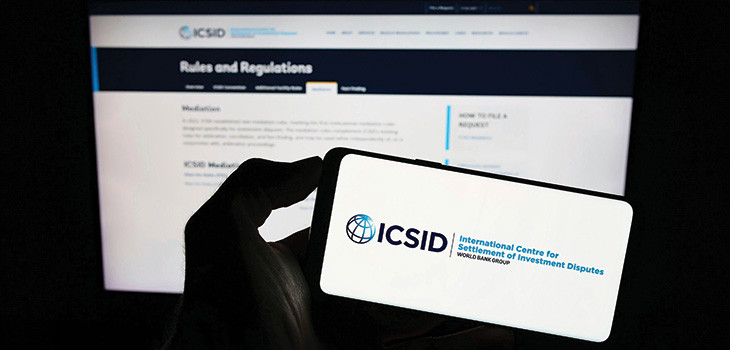
- Last year, the Court of Appeal ruled that foreign states do not enjoy immunity from the registration of ICSID awards in the English courts.
- This decision once again demonstrates the English court’s favourable approach to arbitration and its desire to preserve the finality and effectiveness of arbitral awards.
In the combined cases of Infrastructure Services Luxembourg SARL and another v Kingdom of Spain; Border Timbers Limited and another v Republic of Zimbabwe [2024] EWCA Civ 1257, the Court of Appeal heard two cases involving challenges by the defendant states to the registration in the English courts of awards rendered against them in International Centre for Settlement of Investment Disputes (ICSID) arbitrations.
The challenges were brought on the basis of state immunity, but the court held that, pursuant to the 1965 Convention on the Settlement





.tmb-mov69x69.jpg?sfvrsn=961ae4db_1)
95ca96e3d47f4eff8d147c4f0df17c77.tmb-mov69x69.png?sfvrsn=3db5d86b_1)

